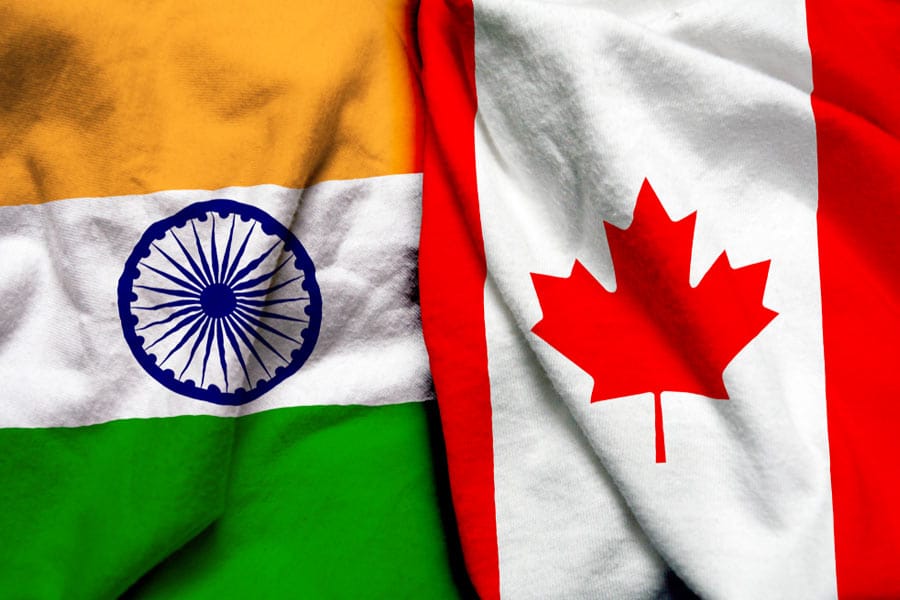
Challenges for Indians in Canada: Navigating a New Landscape
Canada has long been a favored destination for Indians seeking better opportunities, higher education, and a quality life. With its multicultural society, strong economy, and welcoming immigration policies, Canada promises much to newcomers. However, the transition is not without its challenges. Here’s a closer look at some of the significant hurdles faced by Indians in Canada.
1. Cultural Adjustment
Cultural Shock: One of the first challenges Indian immigrants face is cultural shock. The lifestyle, social norms, and everyday interactions in Canada can be significantly different from those in India. Adjusting to a new way of life, understanding Canadian humor, and learning to navigate social cues can be daunting.
Maintaining Cultural Identity: Balancing integration with preserving one’s cultural identity can be tricky. Many Indians strive to keep their traditions alive while assimilating into Canadian society. This duality can sometimes lead to feelings of isolation or identity crisis, especially among the younger generation.
2. Employment Barriers
Recognition of Qualifications: Despite having impressive educational backgrounds and work experience, many Indian immigrants find that their qualifications and professional credentials are not always recognized in Canada. This can lead to underemployment, where skilled professionals are forced to take up lower-paying jobs that do not match their qualifications.
Networking and Local Experience: Canadian employers often value local experience and networks, which new immigrants usually lack. Building a professional network from scratch and gaining the requisite local experience can be time-consuming and challenging.
3. Language and Communication
Language Proficiency: Although many Indians are proficient in English, there can be differences in accents, idiomatic expressions, and professional jargon. This can sometimes hinder effective communication, both in the workplace and in social settings.
French Language Requirement: In provinces like Quebec, knowledge of French is crucial for job prospects and integration. Learning a new language can be a significant challenge, particularly for those who are already adjusting to numerous other changes.
4. Climate Adaptation
Extreme Weather Conditions: The Canadian climate is vastly different from India’s, with harsh winters being a major challenge. Adapting to sub-zero temperatures, heavy snowfall, and shorter daylight hours can affect physical health and mental well-being.
Winter-related Expenses: The need for winter-specific clothing, heating costs, and winter-proofing homes can add to the financial burden, especially for new immigrants.
5. Healthcare Accessibility
Understanding the Healthcare System: Canada’s healthcare system, while public and accessible, can be complex to navigate for newcomers. Understanding how to access services, the role of family doctors, and the waiting times for certain treatments can be confusing.
Mental Health Support: The stress of immigration, cultural adjustment, and isolation can take a toll on mental health. Accessing culturally sensitive mental health support can be challenging, as there may be a lack of professionals who understand the specific issues faced by Indian immigrants.
6. Housing and Cost of Living
High Cost of Living: Major cities like Toronto and Vancouver have a high cost of living, especially in terms of housing. Finding affordable accommodation in safe neighborhoods can be a significant hurdle.
Rental Market Challenges: The rental market can be competitive, and new immigrants often face difficulties such as lack of credit history or rental references, which can make securing housing more difficult.
7. Discrimination and Bias
Subtle and Overt Discrimination: Despite Canada’s reputation for inclusivity, some Indian immigrants may face subtle or overt discrimination and racism. This can occur in various settings, including the workplace, educational institutions, and in everyday life.
Microaggressions: Microaggressions, or everyday verbal and nonverbal slights, can impact mental health and a sense of belonging. These might include comments on accent, cultural practices, or stereotypical assumptions.
Conclusion
While Canada offers numerous opportunities and a high quality of life, the journey for Indian immigrants is not without its challenges. From cultural adjustment and employment barriers to climate adaptation and discrimination, these hurdles require resilience and support. Overcoming these challenges often involves leveraging community networks, seeking assistance from immigrant services, and maintaining a balance between adaptation and cultural preservation. Despite the difficulties, many Indians successfully navigate these obstacles, contributing richly to the multicultural tapestry of Canada.




